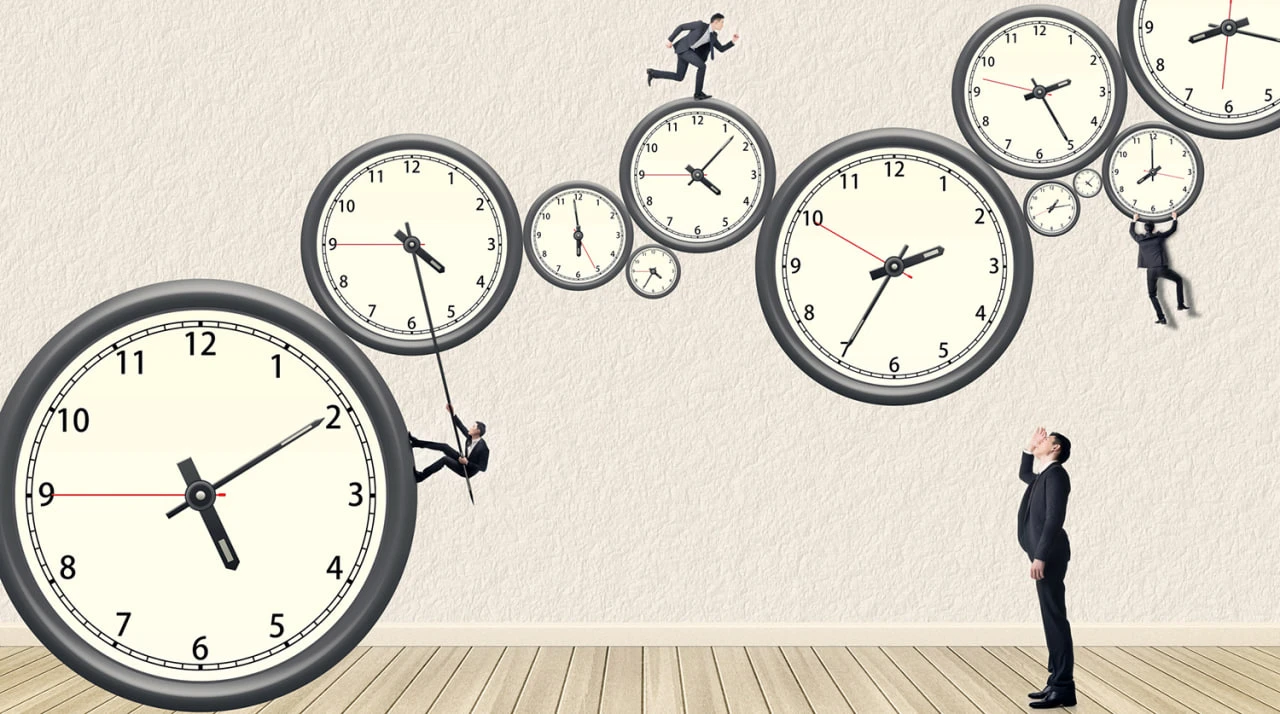The French teenager was found to "travel" in time



A magnitude 5.2 earthquake has shaken Afghanistan
Google has fined a multimillion dollar fine to spy users
There have been clashes between protesters and supporters of the ruling party in Tbilisi
The cholera epidemic includes 96% of the Yemen's territory. Media
Belgium Foreign Ministry. The seizure of frozen Russian assets will divide the trust against the euro
Azerbaijan is dissatisfied with the statement made by Russia's eve
The Heritage of 12 billion dollars in Giorgio Armani will be allocated to his relatives and assistants
Poland has bought accurate bombs for fighters from the United States
The United States can sell weapons to Ukraine for intellectual property rights
After the summit in Paris, the media reported unpleasant news to Ukraine
Poland is expanding the buffer zone on the border with Belarus
Laos forms a delegation to negotiate customs duties with the United States
Israeli Defense Army announces plans to hit radical targets in Gaza
The media revealed the identity of the schoolboy attacked by the teacher in Germany
The BRICS summit will be held online on September 8 at the initiative of Brazil
The delegations of Iran and IAEA will meet in Vienna on September 5
In Germany, the schoolboy stabbed the teacher
The Spanish news agency called Putin to the US President
NBC. Trump has stated that it is determined not to spoil relations with Putin
Taking Carlson made a statement about Putin